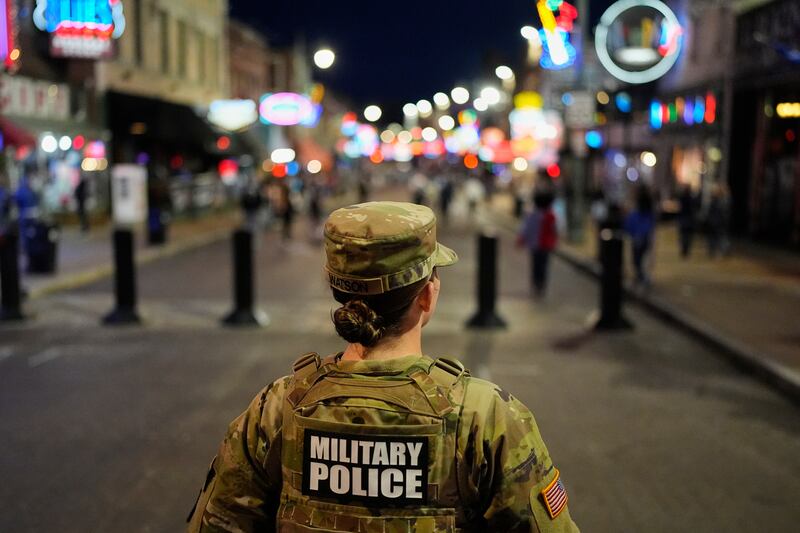Six Democratic lawmakers released a video urging members of the military and intelligence community to refuse what they described as “illegal orders.” In response, President Donald Trump accused them of engaging in “seditious behavior” and called for their punishment, escalating tensions between the parties.
The video titled “Don’t Give Up the Ship” features Senators Elissa Slotkin of Michigan and Mark Kelly of Arizona, along with Representatives Jason Crow of Colorado, Maggie Goodlander of New Hampshire, Chris Deluzio of Pennsylvania, and Chrissy Houlahan of Pennsylvania. Each of these lawmakers has a military background, including service in the U.S. Armed Forces or the intelligence community.
In the video, the lawmakers address military personnel, acknowledging the stress they face. “We know you are under enormous stress and pressure right now,” Slotkin said. She emphasized that Americans trust their military, but that trust is at risk due to actions taken by the Trump administration. The video implies a critical perspective on the administration’s decisions concerning the deployment of National Guard troops and military operations.
While the video does not specify what constitutes an “illegal order,” it broadly refers to directives that contravene the law or ethical standards. The lawmakers reminded viewers that all military personnel take an oath to protect the Constitution. They urged service members to refuse unlawful orders, stating, “You must refuse illegal orders. No one has to carry out orders that violate the law or our Constitution.”
As the video circulated, Trump posted on his platform, Truth Social, stating, “This is really bad, and dangerous to our country.” He labeled the Democrats’ remarks as “seditious behavior from traitors” and suggested they should be punished, even advocating for extreme measures.
White House Response and Political Ramifications
During a press briefing, White House Press Secretary Karoline Leavitt responded to questions regarding Trump’s comments. She asserted that the president does not wish for lawmakers to be executed but criticized the video’s message. Leavitt stated that the lawmakers were inciting military personnel to defy lawful orders, which she claimed could lead to chaos and violence.
Leavitt emphasized that all orders issued by Trump are lawful, countering the implication that he had given illegal directives. She expressed concern over the potential impact of the video on the chain of command within the military.
Republican lawmakers also voiced strong opposition to the video. Senator Josh Hawley of Missouri described the Democrats’ position as “a total loss of sanity,” asserting that urging military members to disobey orders is a dangerous precedent. He criticized their message as edging towards treason and called for military personnel to disregard such advice.
House Speaker Mike Johnson of Louisiana supported Trump’s characterization of the video as seditious. He claimed that the Democratic lawmakers were acting inappropriately by suggesting that military members should refuse orders from the president.
In contrast, Senate Minority Leader Chuck Schumer of New York condemned Trump’s reactions, warning that such rhetoric could incite further division in an already polarized political landscape. He urged all lawmakers to denounce the president’s suggestions unequivocally, stating, “If we don’t draw a line here, there is no line left to draw.”
This incident highlights ongoing tensions within U.S. politics, particularly regarding the relationship between military authority and civilian governance. As the nation grapples with these issues, the implications of such statements from elected officials resonate deeply within the context of public trust and national security.
